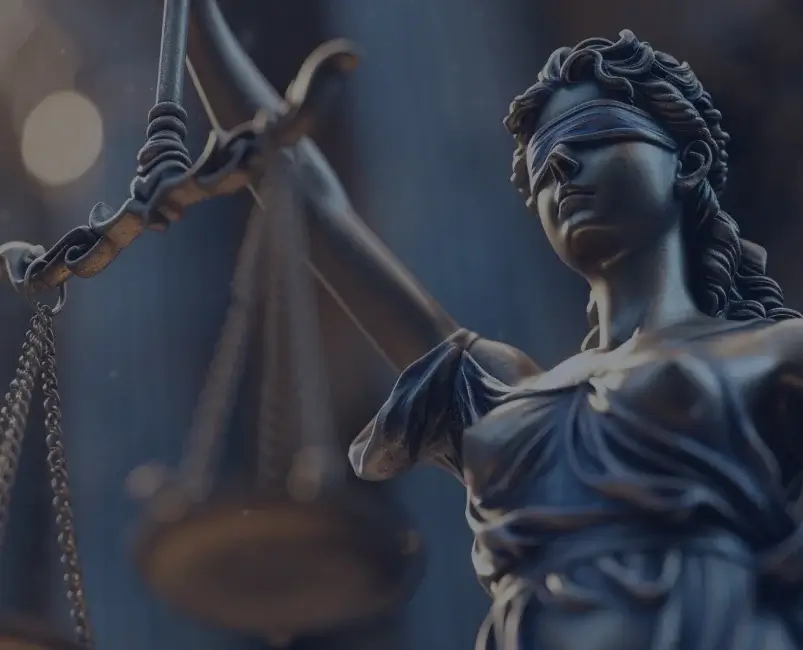When people are charged with a crime and have a court date looming, they often rush to hire a criminal lawyer and hire the first criminal lawyer they meet. But, not every criminal lawyer is the same and people have made bad mistakes in not taking their time to hire the right criminal lawyer for them.
I’ve handled dozens of cases where the client came to me after hiring someone else and regretted the decision to hire the first lawyer. Switching lawyers in the middle of a case is something you want to avoid. So, when you have to hire a criminal lawyer follow these simple guidelines to make sure you get the right lawyer for the case and are satisfied with your choice.
Make sure they really practice criminal law.
You wouldn’t hire a divorce lawyer to handle a DUI and you wouldn’t hire a DUI lawyer to handle a divorce. Make sure that the lawyer you select has the experience and skill to handle criminal matters. The more criminal experience the lawyer has the better.
Additionally, if the client is not a citizen of the U.S., then it is doubly important to get someone who practices criminal law full time. Immigration law and criminal law are deeply intertwined and an inexperienced lawyer can easily make a mistake that sets the client up for negative immigration consequences.
Meet the lawyer face to face.
It’s easy to get caught up in the rush of trying to hire a criminal lawyer when you’ve just been charged but it’s really important to take the time and meet the person who will be handling your case. A good criminal lawyer should give you a realistic assessment of your situation, answer your questions in a straightforward and easy to understand way, and be interested in helping you get through the case with the best outcome possible. A criminal case can follow you around for years and have life altering repercussions. It’s important to meet the lawyer.
Don’t get soaked.
Price isn’t the most important thing with selecting a lawyer but it still is a reality. Most criminal lawyers will charge a flat fee for their work. That means they will charge one price to handle the whole case whether they go to court just a few times or follow the case through all the way to a trial.
Lawyers are subject to ethics rules about their fees. Basically, the fee has to be reasonable taking into consideration a number of factors including the difficulty of the case and the experience of the lawyer. Beware of the lawyer whose prices are too low or too high compared to the competition. A good lawyer will be upfront about their pricing and put it in writing.
The most important thing a person charged with a crime can do is hire a good criminal lawyer to handle their case. Decisions made in the early stages are just as important as the decisions made in the middle of a trial. An inexperienced lawyer can make decisions that seem correct at the time but can hurt a client down the road. By following the guidelines listed above you can hire the lawyer that is right for you and your case with confidence.
Jason Knight is a Rhode Island and Massachusetts criminal lawyer. He practices criminal law exclusively and is in court every day helping his clients working to deliver excellent results. He practices in both state and federal courts and handles all types of criminal case from DUI’s and domestic violence charges up to serious drug felonies and capital cases.


